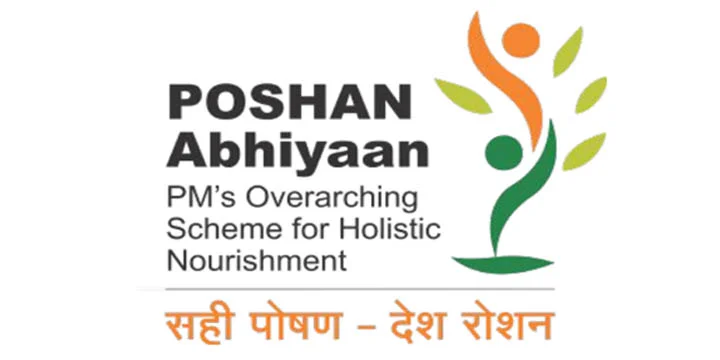 Image Source: Current Affairs I Vajirao & Reddy
Image Source: Current Affairs I Vajirao & Reddy
India has a twin nutrition crisis: undernutrition in much of the country coexists with a swelling tide of overnutrition, which is producing chronic diseases. Underlying both conditions is a general inability to obtain, or consume, key micronutrients—small amounts of vitamins and minerals that are essential for maintaining health, ensuring development, and preventing disease. This "hidden hunger" is the focus of new research and government efforts that stress the importance of acting swiftly to guarantee India's future health and prosperity.
The Size and Significance of Micronutrient Deficiency in India
More than 80% of India's population is vulnerable to deficiencies in essential micronutrients like calcium, vitamin A, B12, and folate, and have high concentrations of iron, zinc, and vitamin B6 deficiencies.
Micronutrient deficiency, also referred to as "hidden hunger," can occur even if calorie requirements are fulfilled, and often does not have any apparent signs until serious health issues arise.
These gaps are associated with higher risks of anemia, compromised immunity, stunted growth in children, lowered cognitive ability, and greater prevalence of chronic diseases such as diabetes, hypertension, osteoporosis, and cardiovascular diseases.
Who Is Most Impacted?
-
Children, adolescent girls, pregnant and breastfeeding women are the most vulnerable groups, and anemia reaches up to 70% in certain cohorts.
-
Women are at greater risks because of greater needs during menstruation, pregnancy, and lactation, and tend to eat less nutritious food compared to men.
-
Undernutrition among rural populations results from restricted access to variety foods, whereas overnutrition and diet-related non-communicable diseases increasingly affect urban populations.
Why Micronutrient Awareness Is Essential
-
Lack of awareness is a principal limitation to enhancing micronutrient consumption, which results in poor adherence to supplementation programs and restricted dietary diversity.
-
Most Indians remain unaware of the micronutrient requirements at various stages of life, or the most appropriate food sources to consume those nutrients.
-
Educational and public health programs lack nutrition education, impeding efforts for effective interventions.
Government and Community Interventions
-
National Nutrition Mission (POSHAN Abhiyan), Integrated Child Development Services (ICDS), and Mid-Day Meal Scheme aim at child and maternal nutrition with fortified foods and supplements.
-
Food fortification initiatives (iodized salt, fortified wheat flour and oil) and initiatives such as UNICEF's #MeriThaliSehatwali reinforce nutritious, varied diets and discourage junk foods.
-
National Nutrition Week and similar awareness campaigns try to sensitize communities, but struggle to reach rural areas and tackle dietary cultural diversity.
Challenges to Overcome
-
Enduring malnutrition and micronutrient deficiencies in the face of economic development, particularly among marginalized groups and in rural regions.
-
Limited access and affordability of nutrient-dense foods, particularly for the poor.
-
Behavioral and cultural barriers, such as traditional eating practices and intra-household food distribution that discriminates against women and children.
-
Inadequate monitoring, data collection, and financing for nutrition programs.
The Way Forward
-
A multi-faceted approach is required: dietary diversification, food fortification, strategic supplementation, strong monitoring, and widespread nutrition education.
-
Empowering women and caregivers with information and resources is key to enhancing family nutrition.
-
Cooperation among government, NGOs, health workers, and communities is needed to bring lasting change.
Conclusion
Micronutrient awareness is not merely a health concern—it is a pillar of India's development, influencing everything from child growth to national productivity. Closing the awareness gap, providing access to varied and fortified foods, and equipping communities with knowledge are imperative steps towards a healthier, more resilient India.
Sources: The Indian Express, Micronutrient Forum, FICSI, IAPSM, IP Innovative, Micronutrient Forum, NEXT IAS, UNICEF India, INSA, LWW
Advertisement
Advertisement


